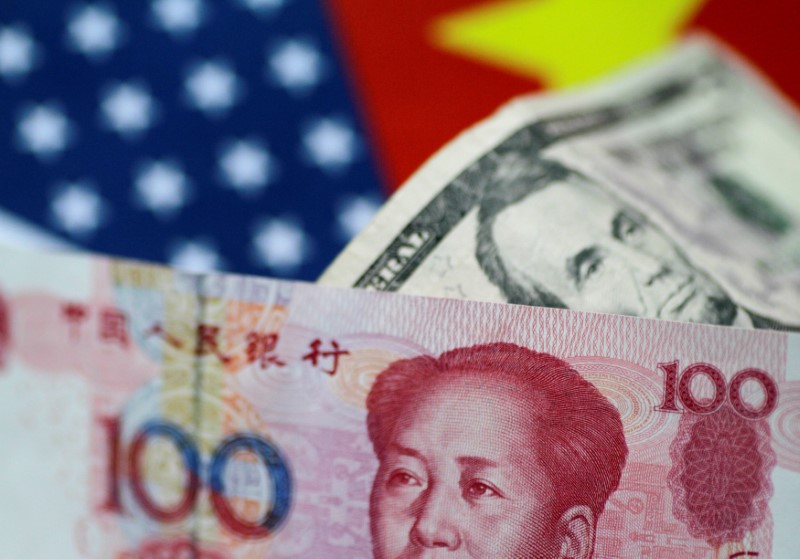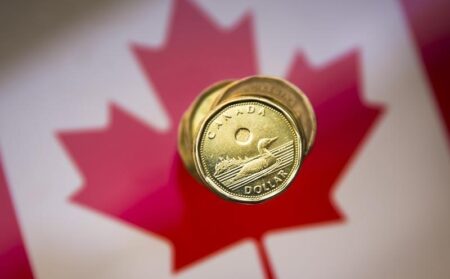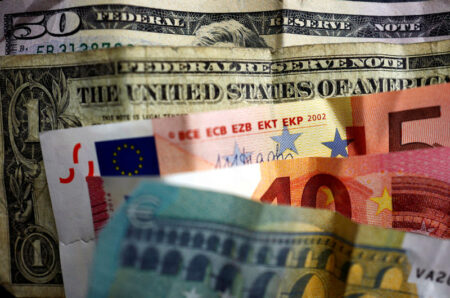Investing.com — Most Asian currencies rose on Friday, while the dollar hit a 15-month low against a basket of currencies as weak U.S. inflation readings saw investors pricing in fewer interest rate hikes this year.
Weak and inflation readings released this week reinforced bets that the Federal Reserve was close to reaching peak interest rates, and that a hike in July could potentially be the last in the Fed’s current rate hike cycle.
This weighed on the dollar and spurred plays into more risk-driven assets, benefiting Asian currencies.
The rose 0.4%, hitting a two-month high against the greenback, while the rose 0.3% after preliminary data showed that the island state’s economy in the second quarter.
The rose 0.1%, amid some uncertainty over monetary policy after the government named Deputy Reserve Bank Governor Michele Bullock as the new central bank governor.
The rose 0.2%, while the surged 1.5% amid speculation over currency market intervention by the Malaysian central bank.
Dollar index falls below 100 amid bets on peak interest rates
The and logged steep losses this week, falling below the 100 level for the first time since April 2022. Losses in the currency spilled over into Asian trade on Friday, with the two indicators losing about 0.2% each.
The soft inflation readings fueled bets that U.S. interest rates will peak at 5.50% in the current rate hike cycle, with the Fed widely expected to pause the cycle with a later this month.
Fed Fund futures prices showed that markets were pricing in a high chance of no further hikes this year, given that recent payrolls data also pointed to some cooling in the labor market.
But Fed officials warned that the bank will still keep a data-driven approach to rate hikes. Governor Christopher Waller said on Thursday that relative strength in the U.S. economy still gave the bank more headroom to keep raising rates, and that he had not ruled out the chance of at least two more hikes this year.
Chinese yuan rises amid focus on stimulus talk, Q2 GDP
The rose 0.3% on Friday, coming close to a one-month high following a series of stronger-than-expected midpoint fixes by the People’s Bank of China (PBOC).
But the outlook for the yuan still remained negative, as a series of weak economic readings raised concerns over the Chinese economy. PBOC officials said on Friday that the bank will roll out more stimulus to support growth.
Focus is now on , due on Monday, to gauge just how much a Chinese economic recovery slowed over the past three months.
Read the full article here












